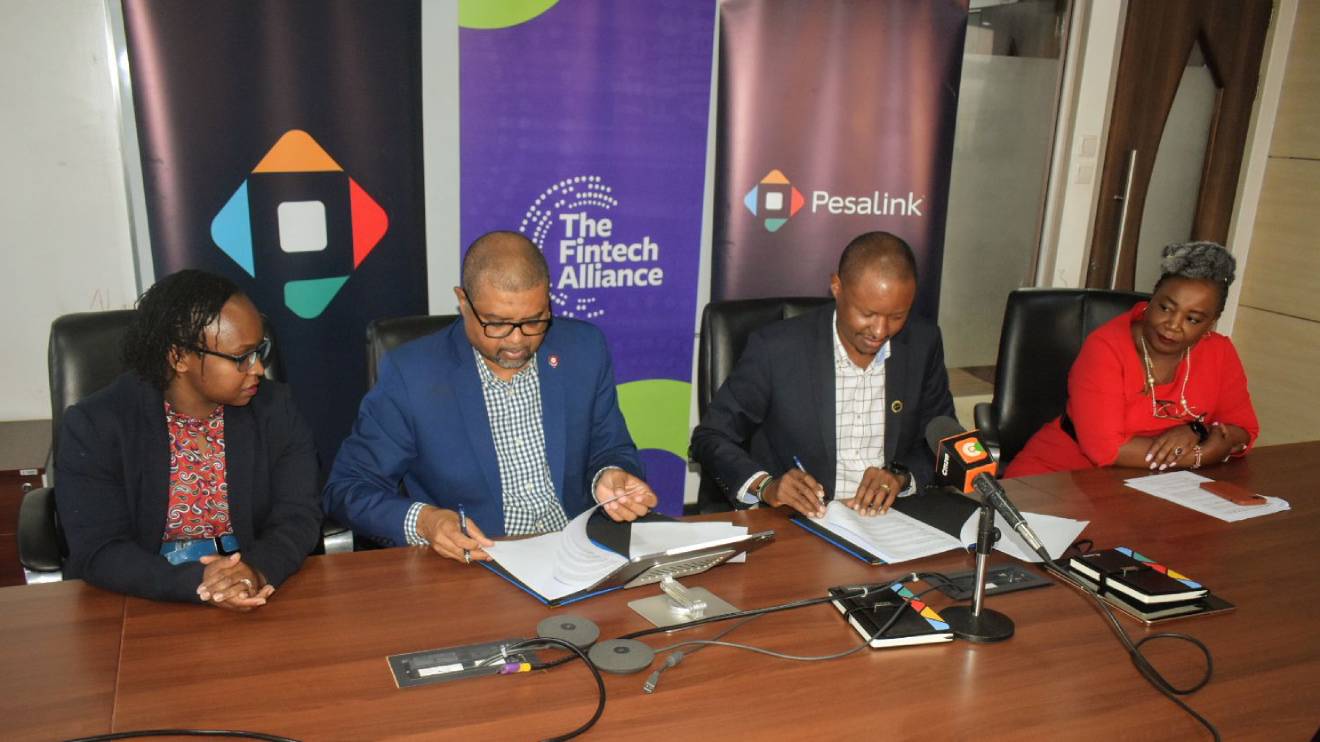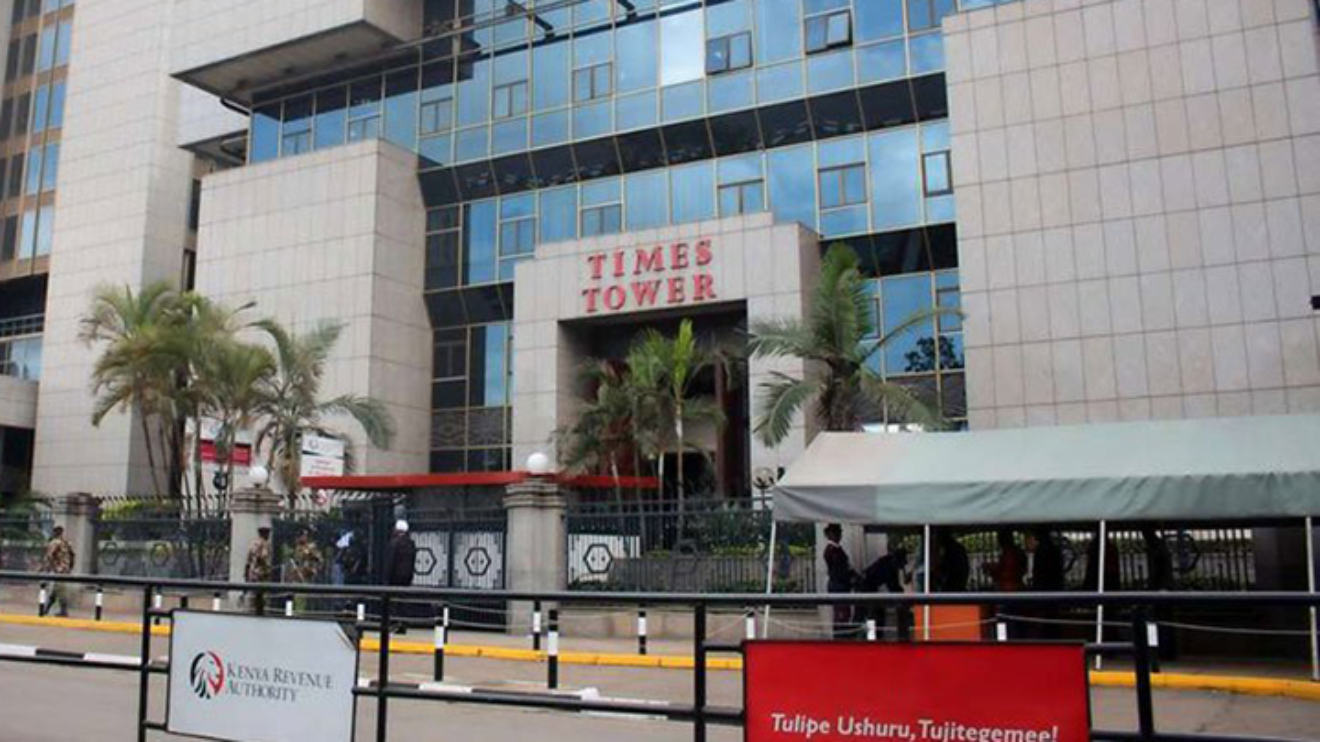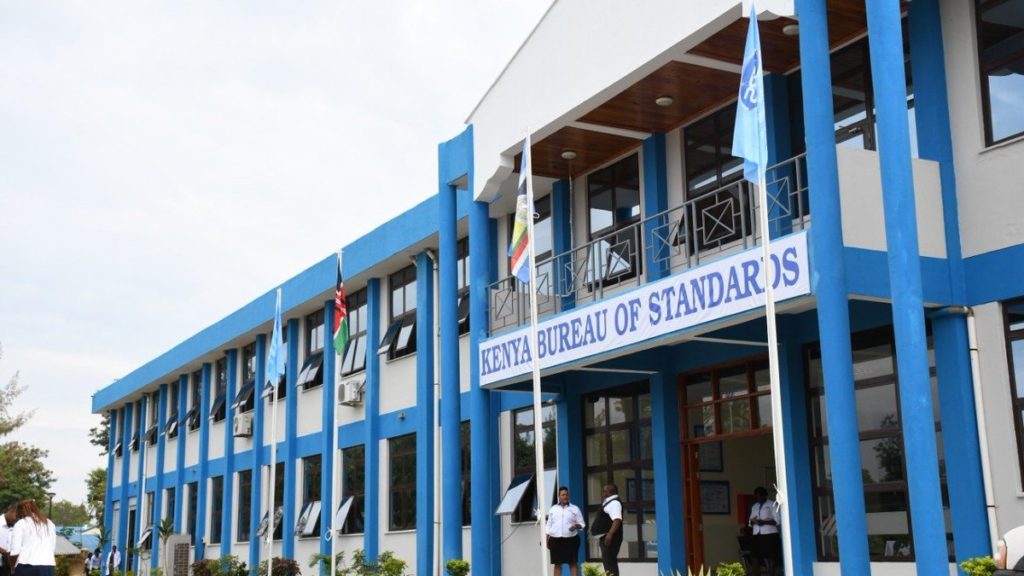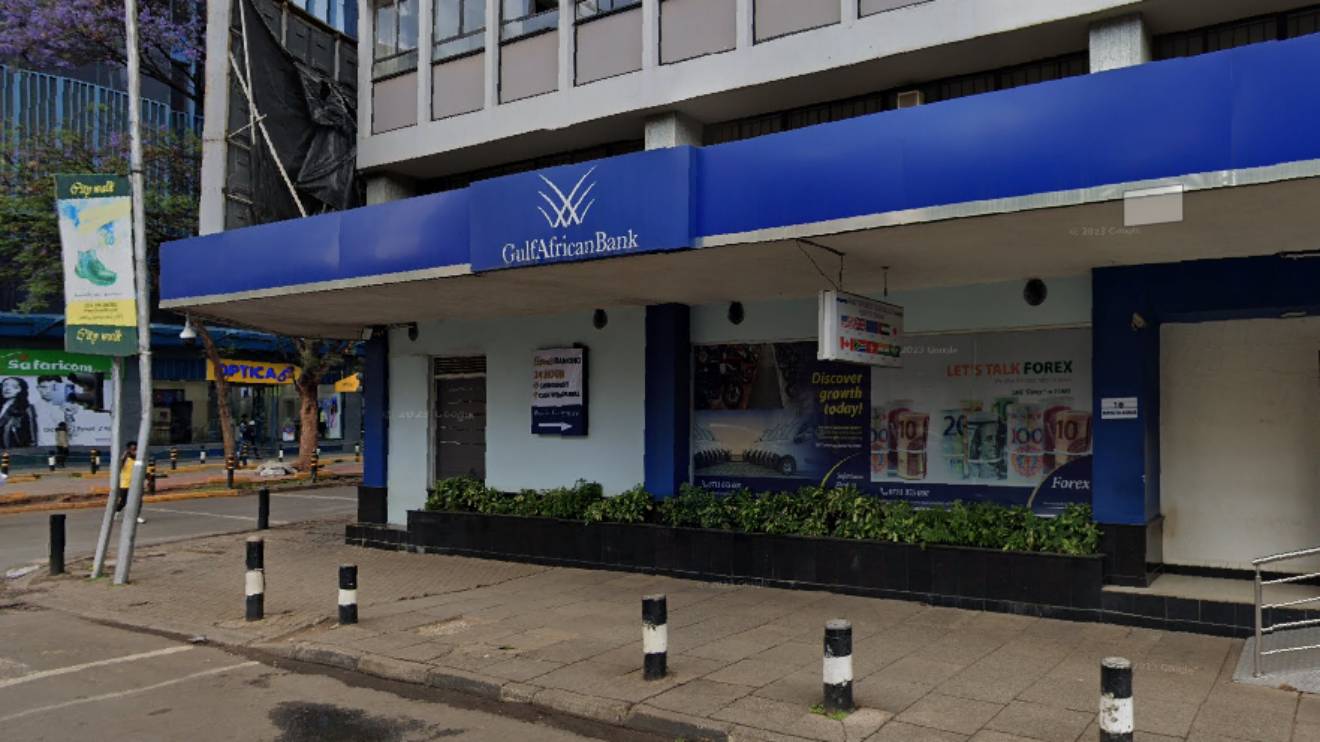A new deal between Integrated Payment Services Limited (IPSL) and Kenya’s Fintech Alliance is set to reshape how financial startups plug into the country’s mainstream banking system, potentially opening the floodgates for faster, smarter payment technologies.
At the centre of this development is an MoU designed to eliminate hurdles that have long slowed down the rollout of modern payment services.
IPSL, the operator of Pesalink, announced that the agreement would streamline how fintech startups and developers integrate with banks — a process previously marred by technical and regulatory bottlenecks.
Pesalink, a platform that facilitates instant bank-to-bank transfers, currently supports more than 27 fintechs.
Under this new partnership, IPSL expects that number to grow significantly, as it moves towards creating a standardised model for interoperability.
Read More
IPSL Chief Executive Officer Gituku Kirika explained that the MoU is designed to promote collaboration between fintechs and infrastructure providers.
“This MoU provides a scalable model for fintechs and infrastructure providers to co-create and deliver smarter, faster solutions to the market. By aligning on standards and driving interoperability, we are unlocking more inclusive and efficient payment experiences for all,” Kirika stated.
The initiative is part of a broader shift in Kenya’s financial landscape, where efforts are underway to modernise payment systems and foster seamless interactions between banks, SACCOs, mobile money services, and tech firms.
The Fintech Alliance — a consortium of key industry bodies including the Association of Fintechs in Kenya (AFIK), Digital Financial Services Association of Kenya (DFSAK), Decentralised Credit Providers Association of Kenya (DCPAK), and the Blockchain Association of Kenya (BAK) — has thrown its weight behind the deal.
Together, these organisations represent hundreds of firms in the fast-expanding digital payments space.
Ali Hussein Kassim, Chairperson of the Fintech Alliance, described the agreement as a shared step towards scaling innovation in the country’s financial sector.
"This partnership signals a new chapter of collaboration between fintechs and the payments infrastructure that powers Kenya’s banking sector. It reflects our shared ambition to scale innovations that are not only commercially viable but also financially inclusive," Kassim said.
"We look forward to leveraging this platform to create more customer-first solutions for the future."
The rollout of the integration framework will be overseen by a working group composed of members from both IPSL and the Fintech Alliance.
Their primary task will be to ensure that fintech firms can deploy services such as merchant payments, bill settlement, and real-time transfers more swiftly via Pesalink’s infrastructure.
For developers and startups, the MoU could mark a turning point.
While Pesalink is already accessible through USSD, mobile apps, and internet banking platforms, full integration with bank systems has remained a technical challenge for many smaller players.
The move mirrors previous efforts by the Sacco Societies Regulatory Authority (SASRA), which in 2023 introduced a collaborative model to help SACCOs bolster cybersecurity and enhance digital readiness.
As more fintechs come on board, Kenya's journey toward a fully interoperable digital payment ecosystem inches closer to reality.
For consumers, it could mean faster services, broader access, and a more inclusive future for digital finance.







